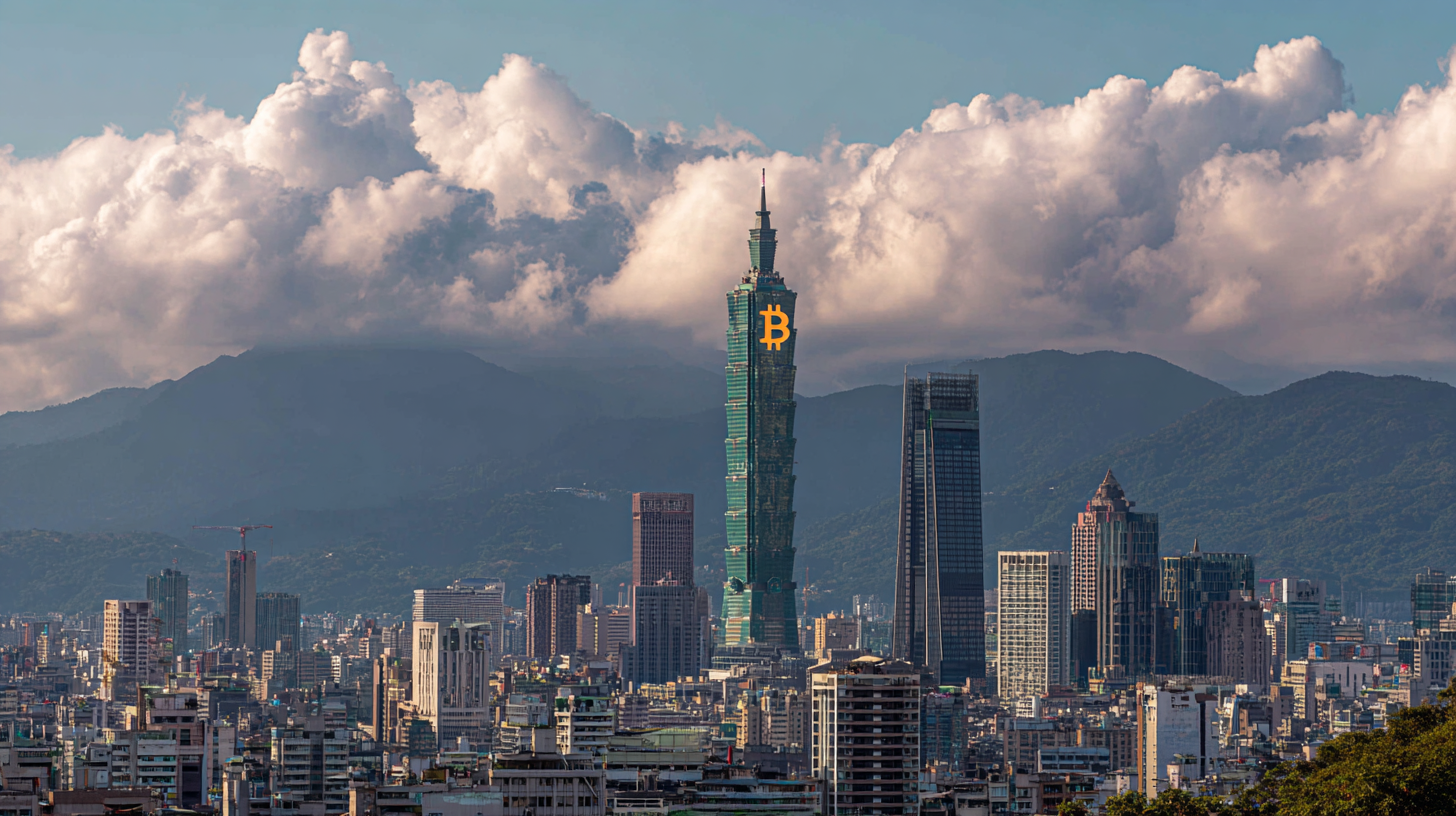Taiwan’s central bank and executive branch are reportedly preparing to study the potential role of Bitcoin within the nation’s strategic reserves, according to JAN3, a Bitcoin technology firm.
The reported plan includes assessing Bitcoin’s suitability as a reserve asset, developing related regulatory frameworks, and running a pilot program involving Bitcoin seized by authorities and currently awaiting auction.
The proposal is being led by legislator Dr. Ju-chun Ko and has drawn support from Samson Mow, CEO of JAN3.
🚨 Taiwan breakthrough! Premier & CBC commit to:
1️⃣ Study #Bitcoin as strategic reserve
2️⃣ Draft BTC-friendly rules in 6 mos
3️⃣ Pilot BTC treasury holdings—starting with inventorying seized BTC awaiting auction!
Led by @dAAAb . #BTC fam, let’s make TW the Asia hub! 🇹🇼⚡… pic.twitter.com/OtczhWt8LK— 科技立委葛如鈞 Ko Ju-Chun (@dAAAb) November 12, 2025
The company has stated that the effort reflects increasing policy discussions in Taiwan about diversification of the country’s reserve composition.
Dr. Ko first proposed in May that the National Central Bank evaluate the inclusion of Bitcoin as part of Taiwan’s broader reserve management strategy.
He cited recent fluctuations in the New Taiwan Dollar and global inflationary pressures as reasons to consider alternative assets.
Taiwan’s reserves currently include approximately 423 metric tonnes of gold and around $577 billion in foreign currency, with about 92% held in U.S. Treasury securities.
Dr. Ko has said that Bitcoin could complement, rather than replace, these holdings by adding diversification.
Global examples appear to have informed some of the ongoing discussions. In March 2025, the United States announced the creation of a Strategic Bitcoin Reserve through an executive order signed by President Donald Trump.
Argentina and El Salvador have also examined the use of Bitcoin in national reserves.
During a Legislative Yuan session earlier this year, Dr. Ko cited Bitcoin’s limited supply and decentralized structure as factors worth studying alongside traditional assets.
He argued that even small allocations could enhance Taiwan’s resilience against global financial disruptions.
According to JAN3, the central bank’s next steps are expected to involve detailed research and a limited pilot program using seized Bitcoin.
No formal policy decision has been made, and neither the central bank nor the executive branch has issued an official statement confirming the reported plans.
Taiwan’s Financial Supervisory Commission has previously allowed professional investors to purchase foreign Bitcoin and digital asset exchange-traded funds, a policy that took effect in 2024.
